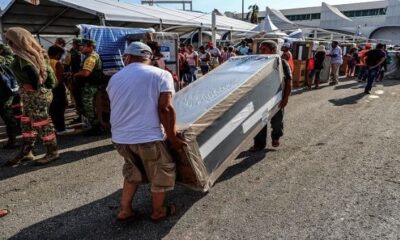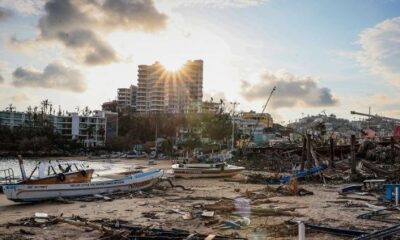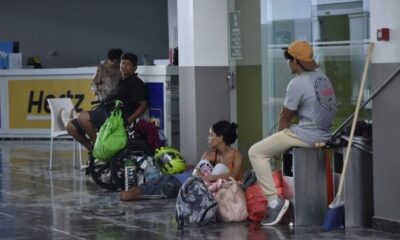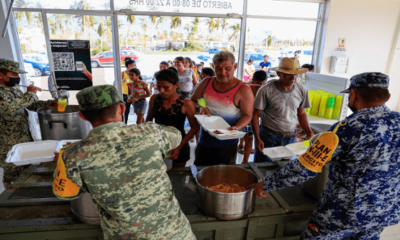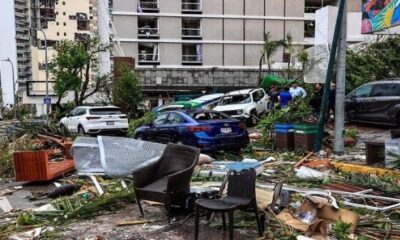Internacionales
Otis weakens to low pressure over Michoacan, Mexico
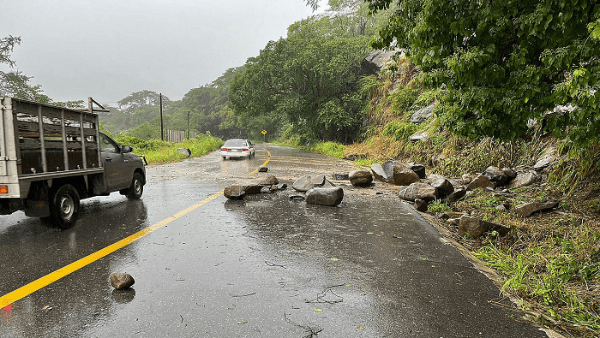
October 26 |
Mexico’s National Meteorological Service (SMN) said that Hurricane Otis weakened to low pressure after impacting the state of Michoacán, neighboring the southern state of Guerrero.
“Otis has weakened to remnant low pressure, its center is located on land over Michoacán. Its wide circulation causes heavy to occasionally heavy rains in southern and central states of the country, with occasional torrential rains in Guerrero,” states the most recent report.
The meteorological phenomenon impacted Michoacán, 75 kilometers (km) southeast of Morelia, and 260 km north-northwest of Acapulco, Guerrero, and is considered one of the most powerful cyclones in the history of the Mexican Pacific.
In its report, the SMN mentioned that, due to its wide circulation, it causes heavy rains (from 150 to 250 millimeters) in Guerrero and intense rains (from 75 to 150 millimeters) in the east of Michoacán and Puebla.
In the southwest of the state of Mexico, Morelos and the west of Oaxaca, very heavy rains (from 50 to 75 mm) and heavy rains (from 25 to 50 mm) in Mexico City (capital city), in addition to reinforcing heavy to punctual intense rains in states of the Central Table.
It also informed that “the surveillance zones were discontinued and due to the weakening of the system, this is the last warning, however, the effects generated by the remnants of Otis will be followed up”.
The SMN warned that the precipitation could generate landslides, increase in river and stream levels, as well as overflows and floods, so the population, tourists and maritime navigation are urged to be attentive to the warnings.
Otis arrived early in the morning to the state of Guerrero with category five, and damages were reported in the main highways, overflowing of the Papagayo River and falling rocks in route 95 that caused the isolation of the southern coast of the state.
The Ministry of Infrastructure, Communications and Transport (SICT) deployed more than 900 workers, 50 engineers, 60 vehicles and more than 200 pieces of heavy equipment, including tractors, backhoes, motor graders, among others, to reestablish the road as soon as possible.
Internacionales
Major winter storm threatens “catastrophic” ice and snow across much of the U.S.
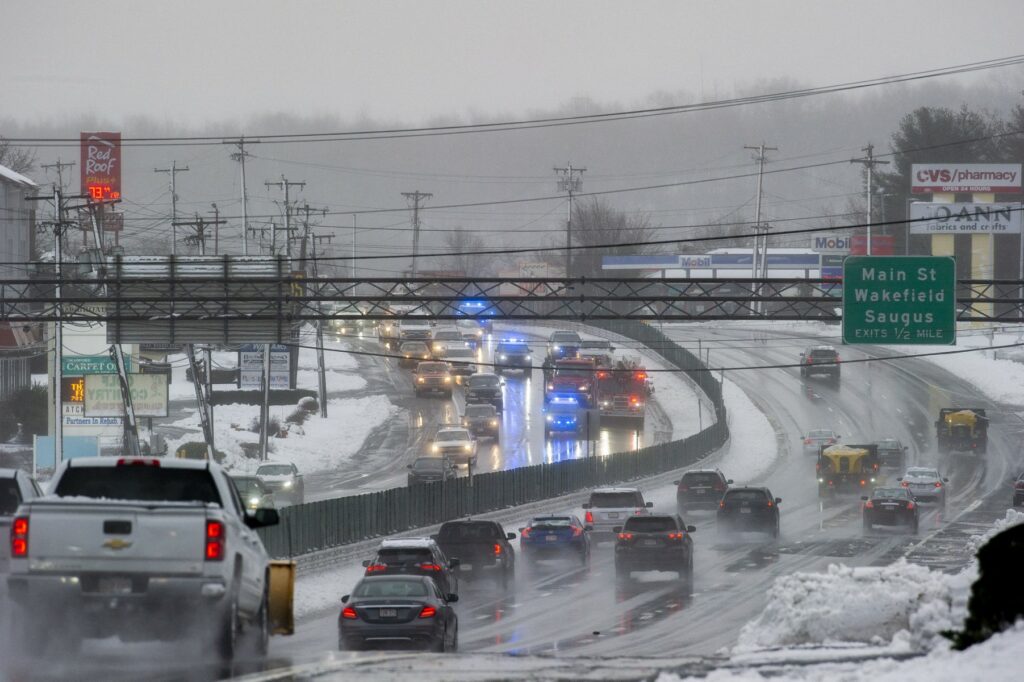
A major winter storm is threatening to blanket large portions of the United States with a dangerous mix of freezing rain and heavy snowfall, potentially creating “catastrophic” conditions across areas home to nearly 160 million people.
Several U.S. states have declared a state of emergency as the Arctic blast advances from the California coast across much of the continental United States, affecting central regions, including the Rocky Mountains and the Great Plains, according to forecasts.
The National Weather Service warned the storm could cause a “catastrophic accumulation of ice,” leading to prolonged power outages, widespread tree damage, and extremely dangerous or impassable travel conditions.
Meteorologist Ryan Maue cautioned that “the next 10 days of winter will be the worst in 40 years in the United States.”
“Think about where you can go, what you can do, and who may need even more help to survive the coming week. This is not an exaggeration or a joke,” Maue said.
He urged residents to prepare for temperatures dropping below -18°C (0°F).
More than 1,500 weekend flights had already been canceled, according to flight tracker FlightAware, including numerous flights in Texas.
In the southern state, many residents still recall the devastation caused by a similar storm in February 2021, which resulted in more than 200 deaths linked to hypothermia, carbon monoxide poisoning, and traffic accidents.
Texas authorities have assured the public that the power grid, which suffered widespread failures during that storm and left millions without electricity, is better prepared to withstand the extreme weather this time.
Internacionales
Juan Orlando Hernández’s family takes time to decide next steps after surprise U.S. release

Ana García, the wife of former Honduran president Juan Orlando Hernández, who was pardoned on Monday by U.S. President Donald Trump after being sentenced in 2024 to 45 years in prison on drug trafficking and firearms charges, told EFE on Wednesday that the family has not yet decided whether he will return to Honduras.
“We have not made any decision about that yet. Everything is still very recent, and as a family we are going to take the time to reflect carefully and make wise decisions thinking about the well-being of Juan Orlando, our children, and all our families,” García said at her residence in Tegucigalpa.
García wore around her neck her husband’s wedding ring, which she has kept since Hernández was held at a special police detention facility known as the ‘Cobras’ on the day of his arrest, February 15, 2022.
“We are still deciding many things. He has just been released, it has not even been 48 hours since he got out. So we are taking things calmly,” she reiterated.
She also explained that since she does not have a U.S. visa — revoked after her husband was requested for extradition following the end of his presidency in January 2022 — she has not been able to see him, but said she is “awaiting some form of communication from the United States” in order to do so.
García declined to reveal where in the United States her husband is currently located, although she stressed that she is confident she will have an opportunity to reunite with him.
Internacionales
One killed, 188 evacuated as wind-driven blaze rips through Kyushu neighborhood
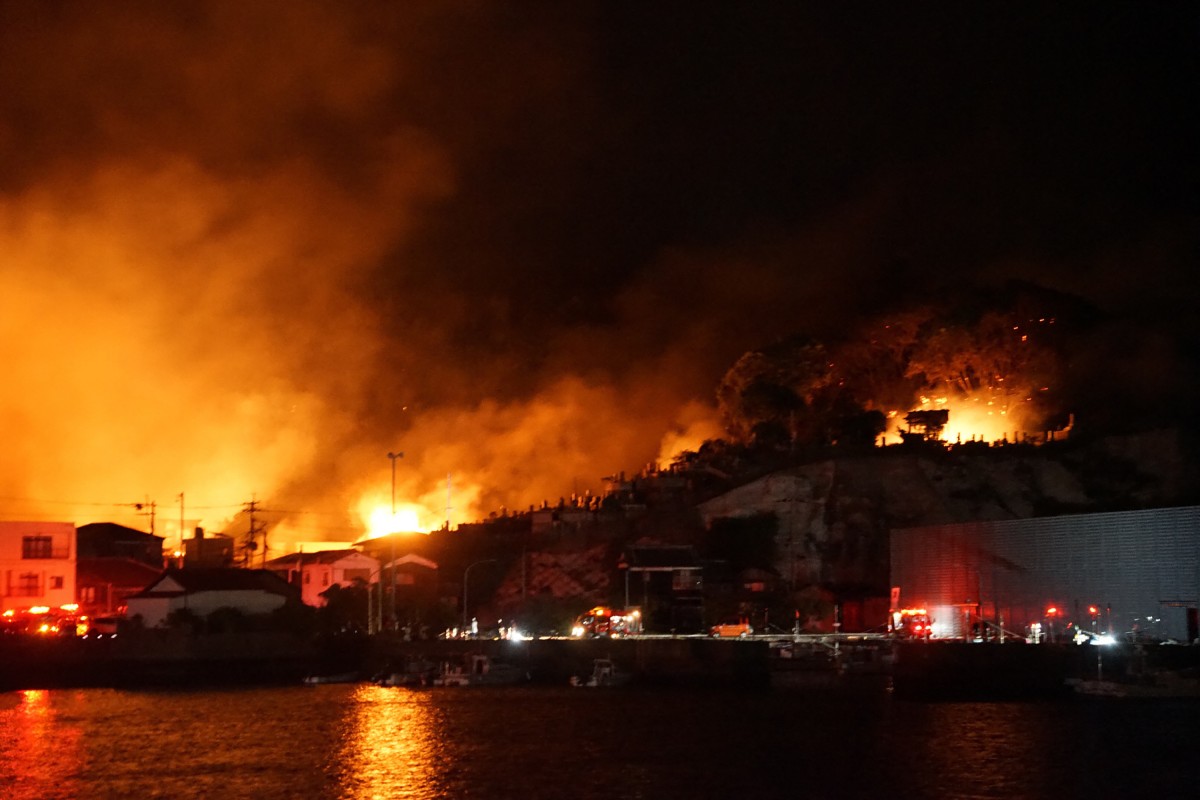
One person died and 188 residents were evacuated after a massive fire swept through at least 170 buildings in a residential area on the island of Kyushu, southern Japan, authorities reported on Wednesday.
The regional government confirmed one fatality. Public broadcaster NHK reported that police, who had been searching for a missing 76-year-old man, found a body inside his home.
Footage recorded on Tuesday night showed firefighters spraying water on towering flames engulfing homes, while residents were escorted to an improvised evacuation center.
“The flames rose so high they turned the sky red. The wind was strong. I never imagined it would spread so far,” a man told NHK.
“I was shaking with fear. I had never seen a column of fire like that,” another witness said.
The fire broke out late Tuesday, with at least 170 buildings affected. According to NHK, the blaze spread rapidly, likely fueled by a lack of rainfall, dry air, and the tightly packed wooden houses characteristic of the area.
-

 Central America4 days ago
Central America4 days agoGuatemala to Phase Out Longstanding Medical Cooperation Agreement with Cuba
-

 International4 days ago
International4 days agoOver 50 Civil Groups Urge House to Impeach DHS Secretary Kristi Noem
-

 International3 days ago
International3 days agoHead-of-state diplomacy key to guiding China–U.S. ties, Beijing says
-

 International4 days ago
International4 days agoNew York’s New Archbishop Names Óscar Romero as His Favorite Saint
-

 International3 days ago
International3 days agoFlorida judge sets 2027 trial in Trump’s $10 billion lawsuit against BBC
-

 International3 days ago
International3 days agoTrump administration to end special immigration operation in Minnesota
-

 Central America22 hours ago
Central America22 hours agoGuatemala’s president denounces MP raids during Constitutional Court election
-
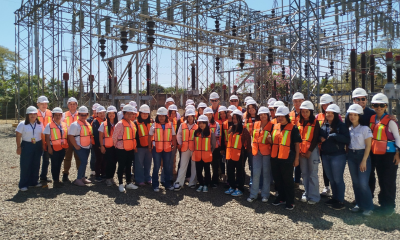
 Central America8 hours ago
Central America8 hours agoTeens visit ETESAL substation to learn about responsible energy use
-

 International4 days ago
International4 days agoExclusive Tucson Neighborhood Shaken by Disappearance of Savannah Guthrie’s Mother



























